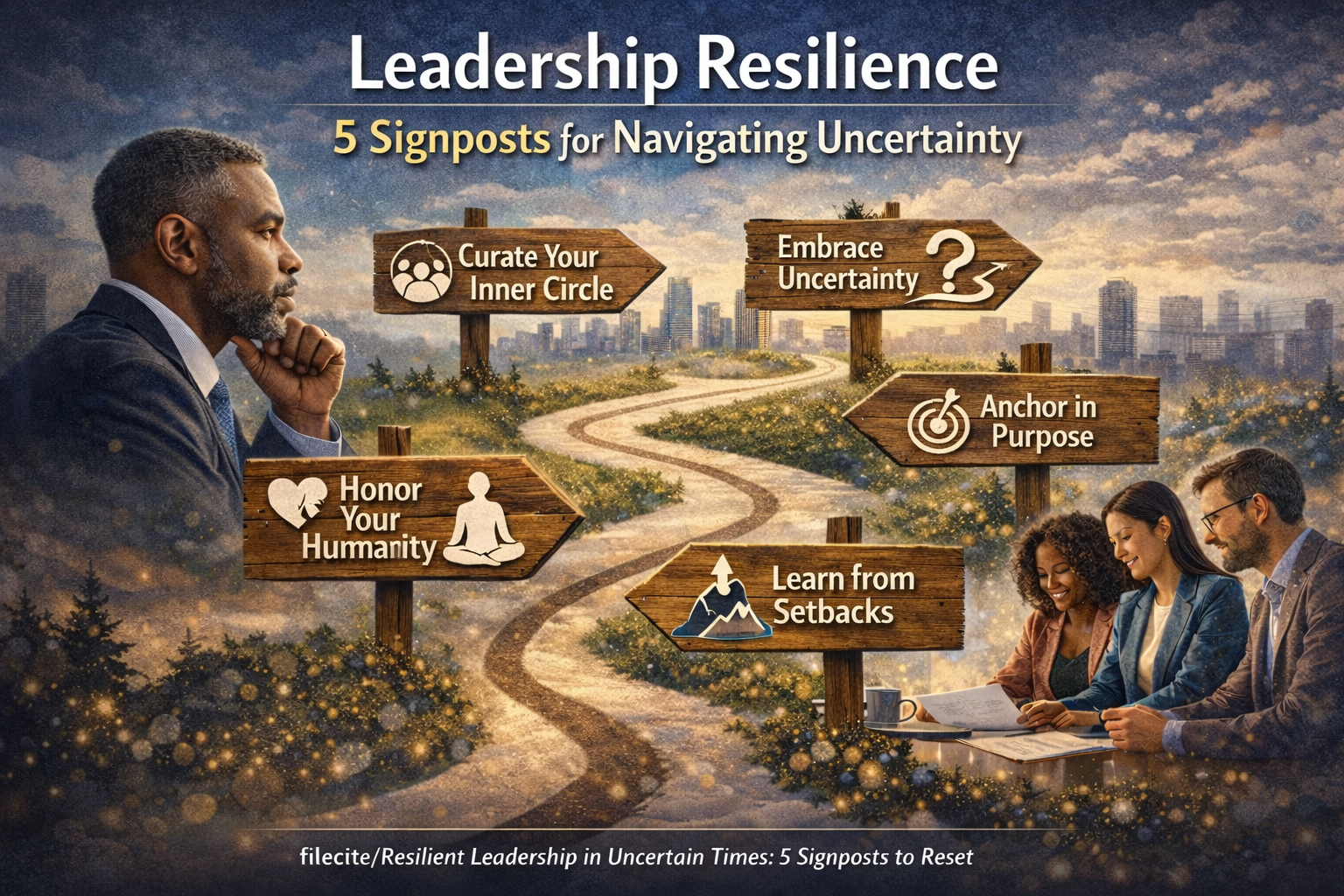To Lead Effectively, Pay Attention to Why People Work

As businesses refocus on their strategic priorities at the start of autumn, at The Workplace Coach we’re reminding our executive and leadership coaching clients to keep their employees’ priorities in clear focus too.
Why? Because understanding your employees’ priorities and motivations – particularly WHY they work – is critical to fulfilling your business objectives.
Many people think that the main reason people work is to collect a paycheck. But that’s not true. The more business leaders understand all of the reasons that their employees come to work, the better able you will be able to use your leadership capabilities and leader-as-coach skills to create a workplace culture that supports employee happiness and fulfillment.
And of course you need happy and fulfilled employees if you want to reach your organization’s goals!
5 reasons why we work & how leaders can respond
So why do we work, apart from needing to earn a living? Here are five key reasons, plus suggestions for how leaders can leverage this knowledge to improve employee fulfillment, engagement and retention.
Reason #1: We feel fulfilled when we contribute to something bigger than ourselves and know that our work is valued.
LEADER’S ROLE: Tell individual employees regularly how much their efforts contribute to your organization’s end product, service or mission. Emphasize the importance of their contribution and be specific about why their particular contribution matters. Also, be sure to keep employees informed about key developments in the organization.
Reason #2: We enjoy using our strengths and gaining a sense of mastery.
LEADER’S ROLE: Make sure you are not underutilizing any of your employees. Initiate individual coaching conversations to find out how employees are feeling about their jobs, what skills they enjoy using most, what skills are not being used, and whether they are looking to expand their role or take on more responsibility.
Reason #3: We gain a sense of identity, meaning and purpose.
LEADER’S ROLE: Be attuned to how work fits into individual employees’ sense of self-worth and identity. In coaching conversations, you might ask employees why they’ve chosen to do the type of work they do, what they value most about it and how it fits with their personal mission or values. Look for opportunities to adapt the role in ways that will contribute to their sense of personal meaning and fulfillment.
Reason #4: We value the opportunity to develop our strengths and to learn and grow by meeting new challenges.
LEADER’S ROLE: Create learning opportunities by giving your employees projects that require them to stretch. Support their acquisition of new skills as well as the development of their networks by sending them to conferences and paying for additional education or training.
Reason #5: We value the sense of belonging, friendships and personal bonds formed with colleagues through the experience of working together toward a common goal.
LEADER’S ROLE: Pay attention to team dynamics, looking for opportunities to facilitate meaningful collaboration. Be proactive about cultivating a workplace environment that fosters trust, communication, camaraderie and fun among team members.
Motivation, engagement & profits
According to Gallup, only 32% of the U.S. workforce is fully engaged, and 17% are actively disengaged. Yet, research shows that businesses whose workers are engaged have significantly higher profit margins.
The single largest factor driving engagement is employee motivation, so it’s essential for leaders to make it a priority to get to know and understand their employees better, Parsons said.
At The Workplace Coach, we often guide our individual executive and leadership coaching clients in identifying and clarifying their own primary motivators so they can grow and develop in their leadership roles. Now our leadership advice is for employers to do the same with their employees by engaging in coaching conversations where they ask employees open-ended questions about what motivates and inspires them. Doing so will make a big difference!
About The Workplace Coach:
The Workplace Coach has deep expertise in business leadership. Its award-winning coaches have partnered with thousands of executive coaching and leadership coaching clients to help them achieve their strategic goals. Through our leadership programs and executive coaching services in Atlanta and elsewhere, we support leadership development at client organizations, including by identifying and developing high potential leaders so they hone capabilities like executive presence, mindful leadership and leadership mindset.
At The Workplace Coach, our expertise in business leadership delivers results that make a difference.
Get Practical and Actionable Insights Delivered Monthly
Sign up for our blog now so you never miss out on our expert advice and tips.
Other Blogs

Resilient Leadership in Uncertain Times: 5 Signposts to Reset for the New Year

Assessments: The Key to Leadership Evolution





